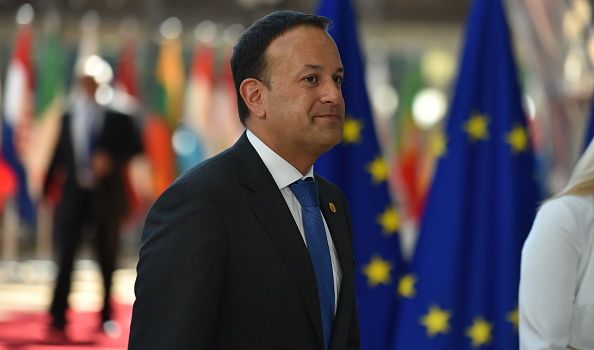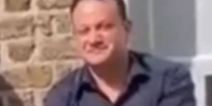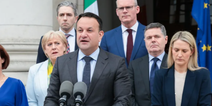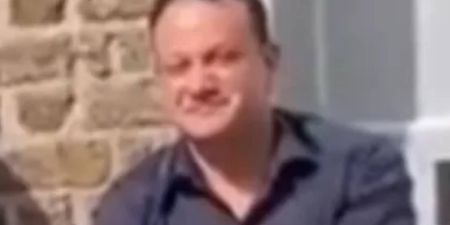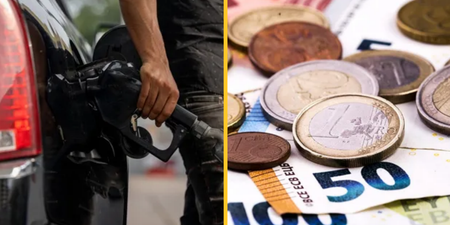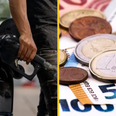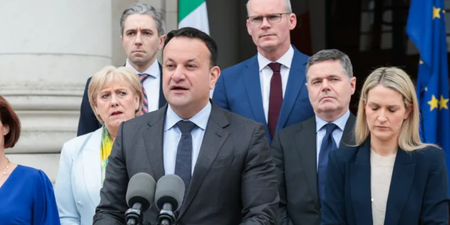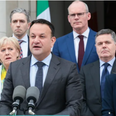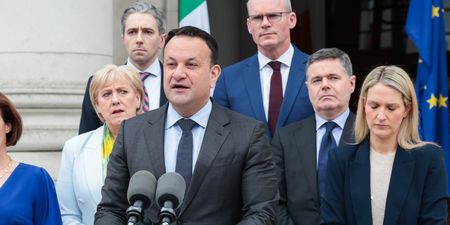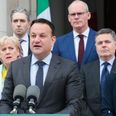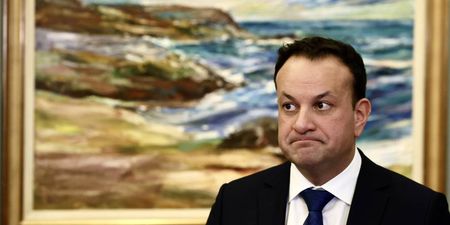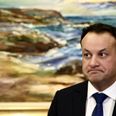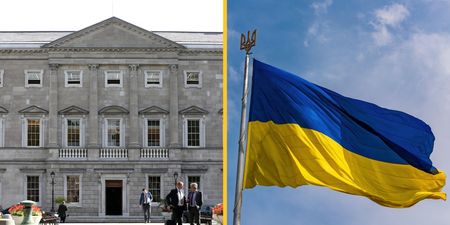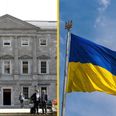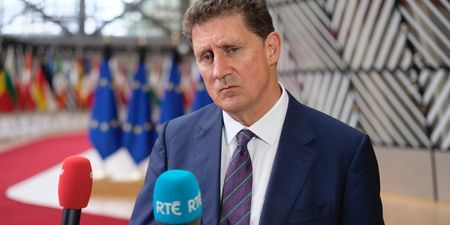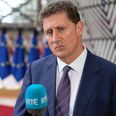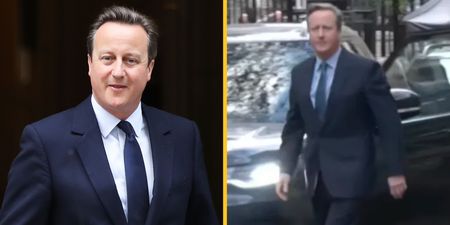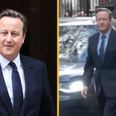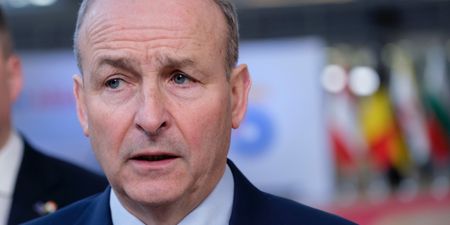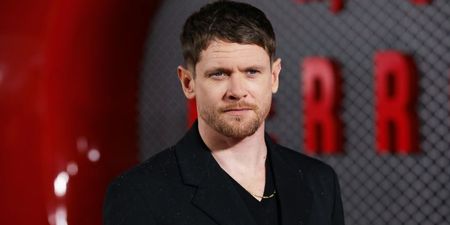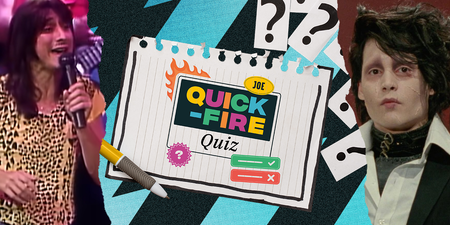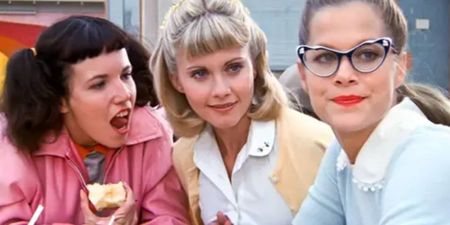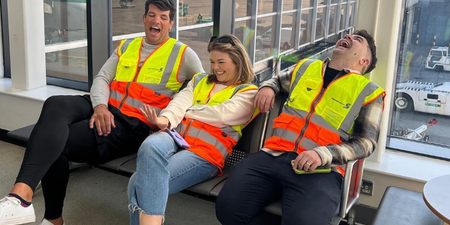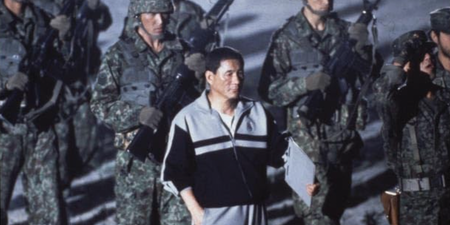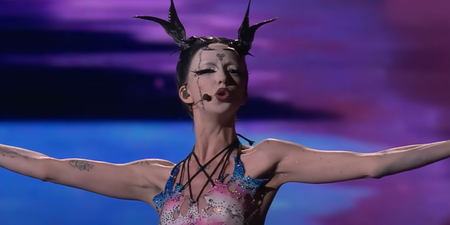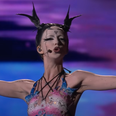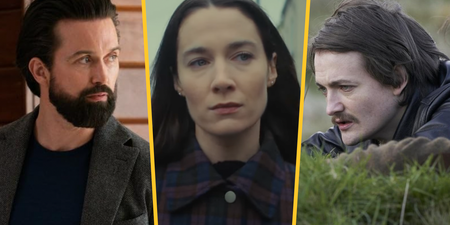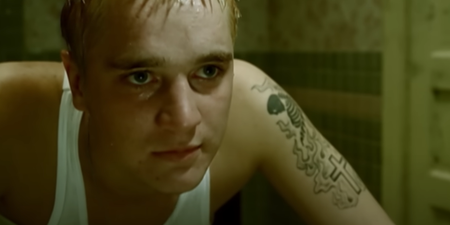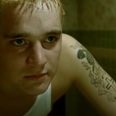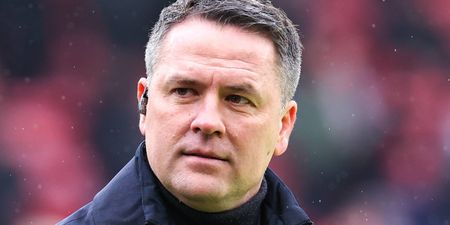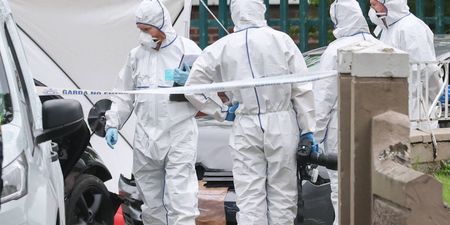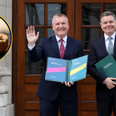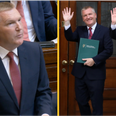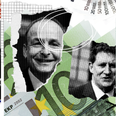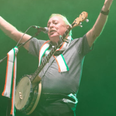Leo Varadkar does lose the run of himself when he visits America, doesn’t he?
The bright lights and skyscrapers of New York City. The West Wing fantasies of giving a speech in DC. It’s all so important. All so “world leader”. It’s easy to see how he’d get overwhelmed.
Last time around, he fessed up to interfering on behalf of Donald Trump while Minister for Tourism. This time, it seems that he’s aligned himself with the president’s acrimonious views on the press.
According to reports, the Taoiseach yesterday vented his spleen to a private gathering of Irish-Americans; telling them that he believed Irish journalists to be more concerned with gossip than substantive issues, and that there are too many journalists covering the Dáil Éireann beat.
As it turns out, a lot of the Irish media class are really upset to learn that our premier doesn’t like them.
Gavan Reilly, political correspondent with TV3, took to Twitter to write: “Every major Irish media outlet spent a four-figure sum following the Taoiseach to New York this week to cover exactly the sort of topics he’s complaining we ignore. To say this sort of thing behind our backs, at an event closed off to us, is really poor form.”
Katie Hannon, a political correspondent for RTÉ, took a similar tone and jibed: “Can’t wait to hear all the nice things he said about journalists that the guests didn’t leak.” The frustration was shared by other journalists and swept across Twitter and the airwaves.
But… is it poor form for a politician to say something behind a journalist’s back? Is it not more so the exact kind of behaviour that journalists should expect from politicians at all times? Why would we ever expect Leo Varadkar to say nice things about us? We’re not friends and if we are then we’re not supposed to be. We’re not doing him any favours and if we are then we shouldn’t be.
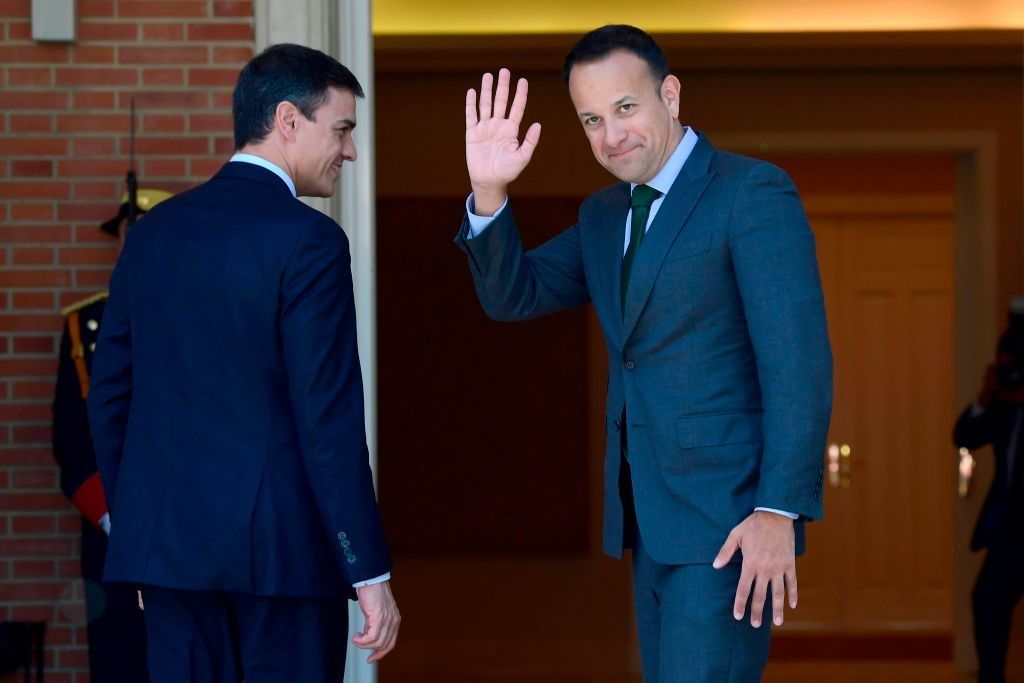
That Leo Varadkar would admit to a room full of strangers that he dislikes the Irish media to the extent that he actually sympathises with a despot like Trump shouldn’t be a surprise. It shouldn’t hurt your feelings. It should be a badge of honour.
There are currently record numbers of Irish people who are homeless and the number is only going up. Dublin has become one of the most debilitatingly expensive cities in the world to rent or buy property. When it snows, we run out of bread, and when it’s sunny, we run out of water. Many argue that direct provision mirrors Trump’s inhumane border policies on our own soil.
All of these failings are the responsibility of our government, and if you’re working to shine a light on any of them then the Taoiseach is not going to like you. He will not want to be around you. I know it’s scary, but he might not want to hire you in the future.
There is a strong sense among the Irish public that some of Ireland’s media class are preoccupied with trying to establish friendships in the corridors of power. And truth be told, it’s not as if they don’t have any reason to think that.
Over the years, there has been a considerable overlap in prominent figures from the Irish media who take high-paid government roles.
The Irish press culture is not the same as the one that exists in America, or the UK. There is a limited pool of jobs in both journalism and political advising. We just don’t have that many newspapers, or broadcasting stations, or websites. If you’re talking about well-paid jobs, the pool shrinks into a puddle. The people who have the skill set required for one generally have the skill required for the other.
It stands to reason that those with a proficiency in public opinion and communication would want more coin for their expertise, but it’s far from a sustainable journalistic culture.
The overlap between Ireland’s media and Ireland’s political figures is unsettling, and it’s not a bond that any journalist should be looking to embrace. As a journalist, you serve a public that often feels like Leo Varadkar doesn’t care for them. That’s more important than a sense that he doesn’t care for us.
Powerful journalism was at the forefront of a referendum that Fine Gael didn’t want to hold. Pressure from civil society and activist journalism forced politicians off the fence to take a position on repealing the Eighth. Investigative journalism is what uncovered the Tuam mass graves, sex scandals in the church, rogue crisis pregnancy agencies.
Criticism from Leo does nothing to undermine journalists in Ireland, and it certainly shouldn’t upset us.
Leo Varadkar is not Donald Trump. He’s not the leader of a populist movement that has been brewing for years. A threat to democracy? Mr. Song Of The Camino? Get a grip. Unlike Trump, Leo can’t snap his fingers and have half the population turn on a sixpence. Leo Varadkar is the leader of a party whose government stands on the rickety shoulders of their worst enemies.
Leo knows this. On Wednesday afternoon, he walked his remarks all the way back to the doorstep in the Dáil. We got the more typical World Leader stance – “the press: vital for a free and fair democracy”. The kind of soundbite we all know off by heart. But one would hope that the media has learned a lesson from all this. Things will happen behind closed doors that upset people. There’s no excuse for us to be caught off guard.
Journalism is supposed to make powerful people feel uncomfortable. While it’s important that Leo Varadkar knows this, it’s far more important that journalists don’t forget it.
If Leo likes us, either he’s the fool, or we are.
LISTEN: You Must Be Jokin’ with Conor Sketches | Tiger Woods loves Ger Loughnane and cosplaying as Charles LeClerc
